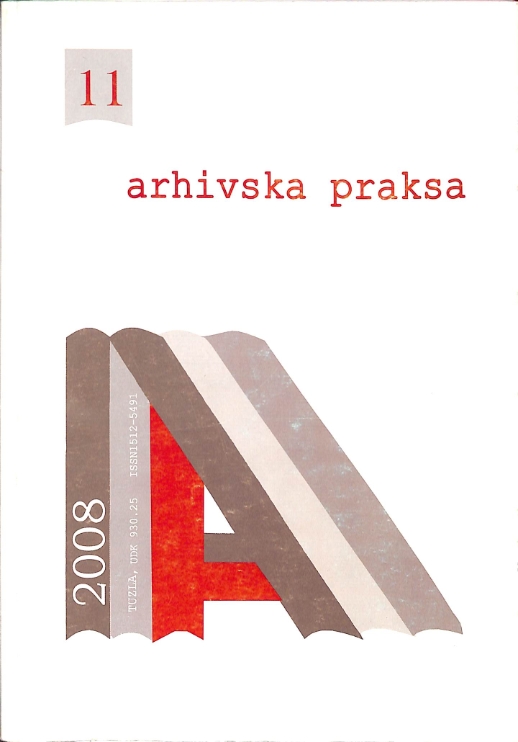ORGANIZACIJA I RAD GRAĐANSKIH ŠKOLA U BOSNI I HERCEGOVINI U PERIODU 1918.-1929. GODINE
ORGANIZATION AND OPERATION OF CIVIL SCHOOLS IN BOSNIA AND HERZEGOVINA FOR THE PERIOD 1918 TO 1929
Author(s): Sead SelimovićSubject(s): History, Education, Cultural history, History of Education, Pre-WW I & WW I (1900 -1919), Interwar Period (1920 - 1939)
Published by: Arhiv Tuzlanskog kantona
Keywords: Bosnia and Herzegovina; civil school; period 1918-1929; citizens; reform; teachers; students; salaries; organization and operation;
Summary/Abstract: Civil schools in Bosnia and Herzegovina worked by program basis established during the period of Austro-Hungarian rule. They have been establihed exclusively by resolution of Ministry of Education. Political municipalities provided facilities and resources, while teacher's salaries came from the budget of Ministry of Education. Despite the fact that these schools did not fall behind after lower gymnasiums regarding educational plan and possibility to gain basic culture, they did not attract attention, neither that one of authorities, nor the one of wealthy parents. It has been general view that gymnasium opens a path to higher education, while civil school prepares student for production and provides limited possibilites. Students with 4 classes of primary school could enroll in civil school, which lasted for four years. Classes were being held by teachers who had at least 2 years of Higher pedagogical school after finished teacher's school or they had 'special exam for teachers of civil schools'. Many citizens of Tuzla, Mostar and Travnik were not satisfied with the work of civil school so they asked for their reform in memorandums. Demands of citizens were only partially fulfilled , so civil schools countinued to operate as leading circles envisioned. Civil schools in Bosnia and Herzegovina employed teachers with different level of education.There were thsoe with finished Higher pedagogical school, but also those with finished teacher's or other faculty. Several civil schools employed instructors titled teachers of elementary school, and teachers of handicraftand music. Many teachers of civil schools were actively involved in work of cultural and humanitariansocieties, contributing to further development of the society.
Journal: Arhivska praksa
- Issue Year: 2008
- Issue No: 11
- Page Range: 331-346
- Page Count: 16
- Language: Bosnian, Croatian, Serbian

